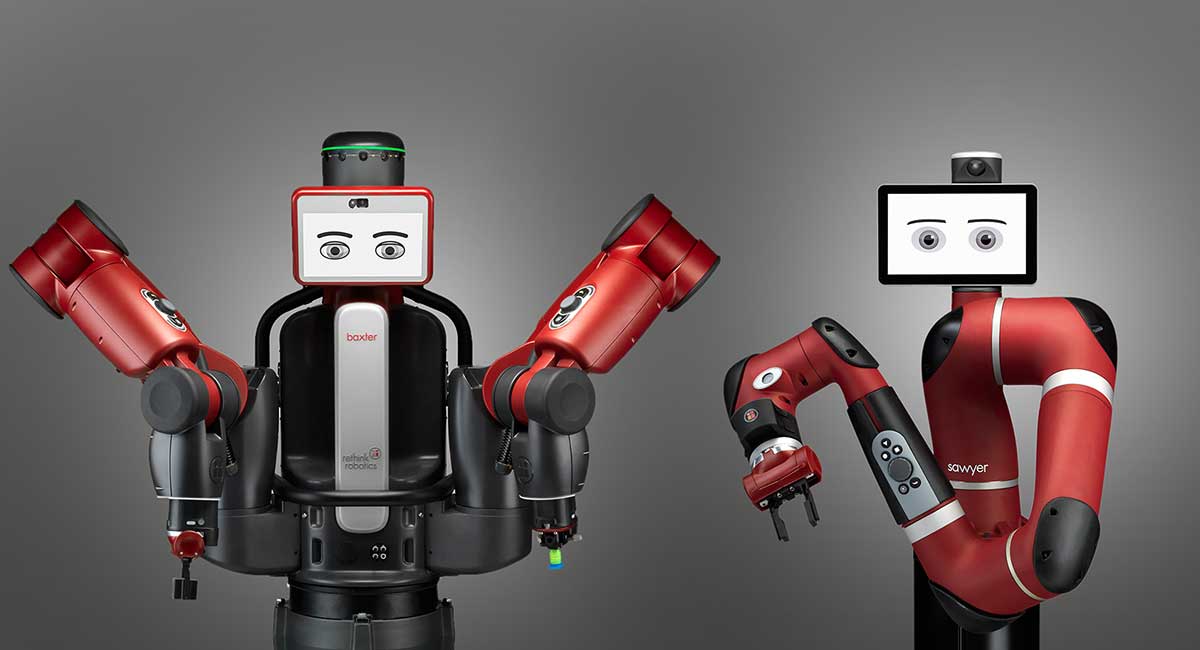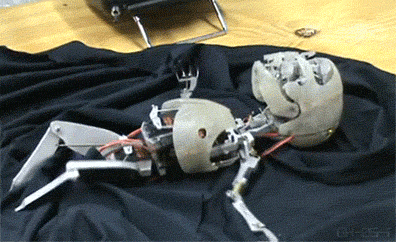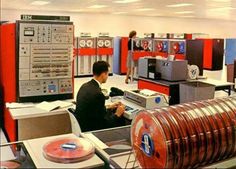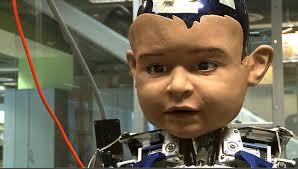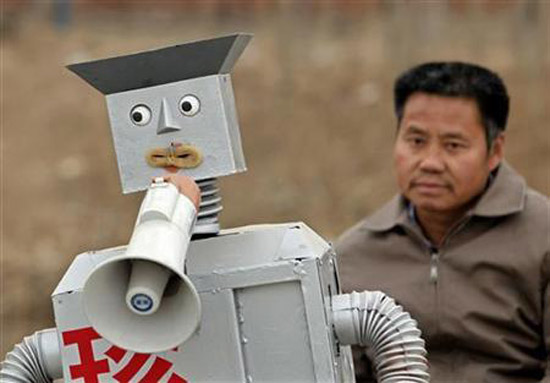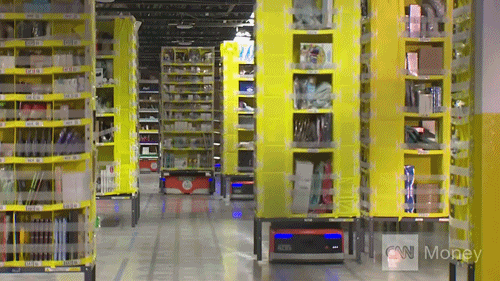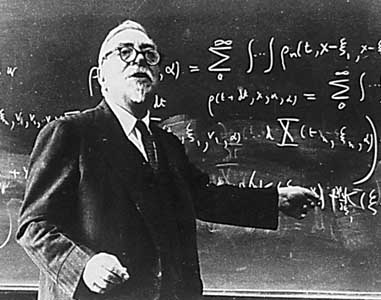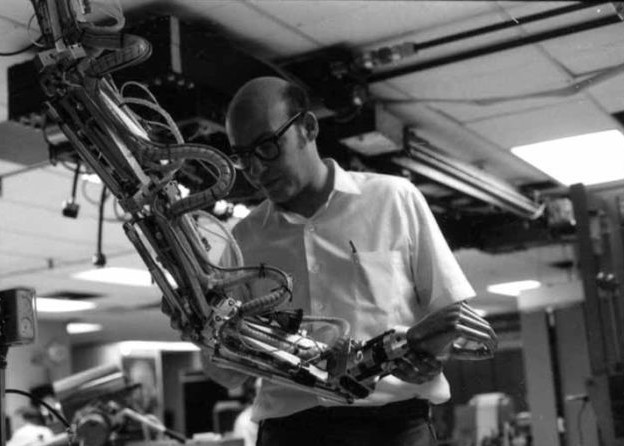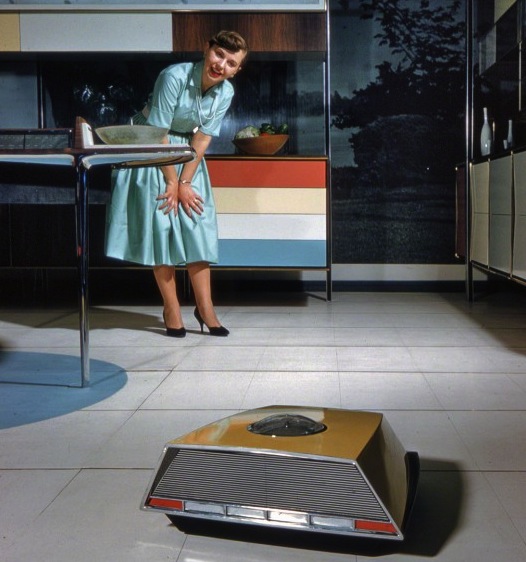
I’m nearly done with Martin Ford’s Rise of the Robots, an excellent book I’ll have more to say about soon. The author sat for an episode of the Review the Future podcast and spoke on automation and wealth inequality.
Ford agrees with something I mentioned in response to Thomas Piketty’s suggestion that we counteract our 1% world with an investment in education (and re-education). While that would be great, I think it likely won’t be nearly enough to solve income disparity or technological unemployment.
Two exchanges from the podcast follow.
_____________________________
Jon Perry:
This topic often is scoffed at by economists, which is something you mentioned in your first book The Lights in the Tunnel, that it was almost unthinkable to a lot of people. I’m curious, as that book came out in 2009 and now six years have gone by, how has the conversation around this issue changed since then?
Martin Ford:
Well, I think it’s definitely changed and it’s become a lot more visible. As you say, when I wrote that book, I mentioned that it was almost unthinkable in terms of the way economists approached it, and that’s less true today. There are definitely some economists out there, at least a few, that are now talking seriously about this. So, it’s really been quite a dramatic change as these technologies and the implications of them have become more visible.
Having said that, I still think this is very much an idea that is outside the mainstream, and a lot of the economists that do talk about it tend to take what I would call a very conservative tack, which is they still tend to believe that the solution to all this is more education and training–all we have to do is train people so that they can climb the skills ladder and keep ahead of the machines. I think that’s an idea that pretty much has run out of steam, and we probably need to look at more radical proposals going forward. But definitely it is a much more visible topic now than it was back in 2009.
_____________________________
Jon Perry:
Now, we’ve had information technology for not that long, but we’ve had it for a little while now, and there are certainly some troubling economic trends that we see–stagnating wages, rising inequality, for example. To what extent can we say that, say, information technology or even technology in general is at least partially the cause of these economic trends? And if that’s the thesis here, what would be the best way to actually try to tease that apart and measure technology’s impact on the labor force going forward?
Martin Ford:
It’s kind of a challenging problem. I believe obviously very strongly that information technology has been an important part of it. I would not argue that it’s all of it by any means. And in my new book, Rise of the Robots, I point out about seven general trends that you can look at.
That includes the fact that wages have stagnated while productivity has continued to increase, so productivity and incomes have kind of decoupled. It includes the fact that the share of income going to labor as opposed to capital has gone into a pretty precipitous decline, especially since the year 2000. The labor force participation rate, meaning the number of people who are actually actively engaged in work, is falling. We’re seeing wages for college graduates actually going into decline, so it’s not the case anymore that people with higher educations are doing extremely well; a lot of people with college degrees are also being impacted.
So, there are a number of things you could look at there, and the thing is that if you take any one of these and you look at the research that economists have done, there are lots of explanations. Technology is nearly always one of the explanations, but there, of course, are other explanations. There’s globalization, there’s a basic change in our politics, which will become more conservative. In particular, there’s the decimation of unions in the private sector. Depending on who’s doing the analysis and sometimes what their agenda is, they will point to those things as being more important than technology.
But what I believe is that if you take all of that evidence collectively, if you look at all of those things together, it’s really hard to come up with one explanation other than technology that can explain all of those things.•

